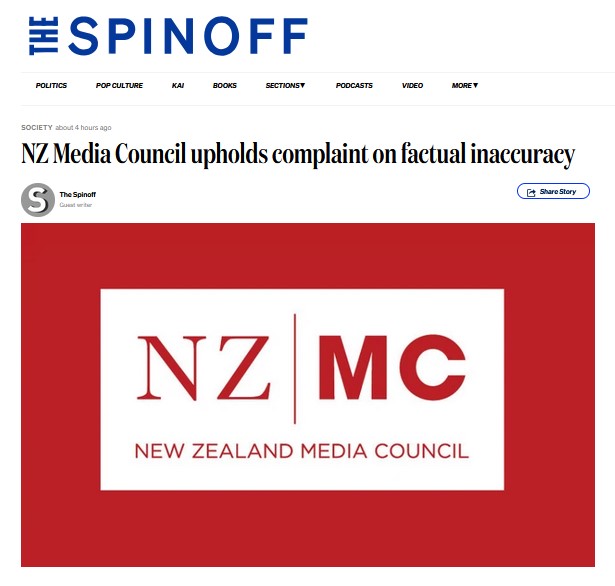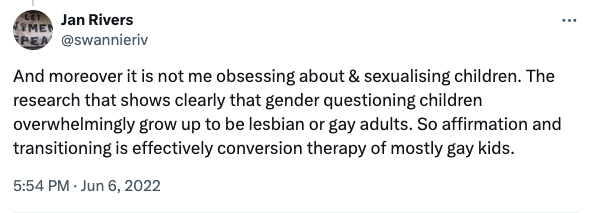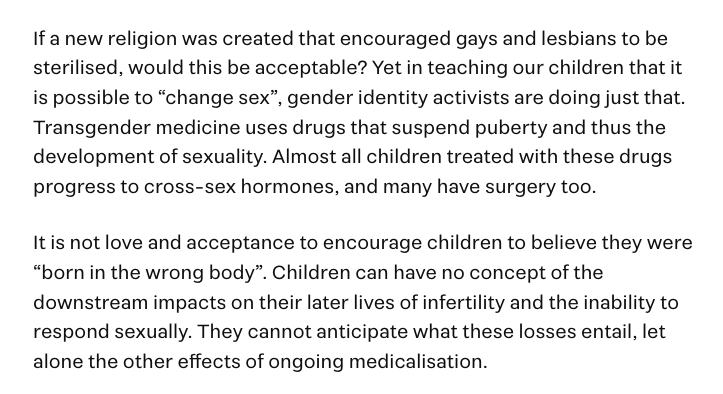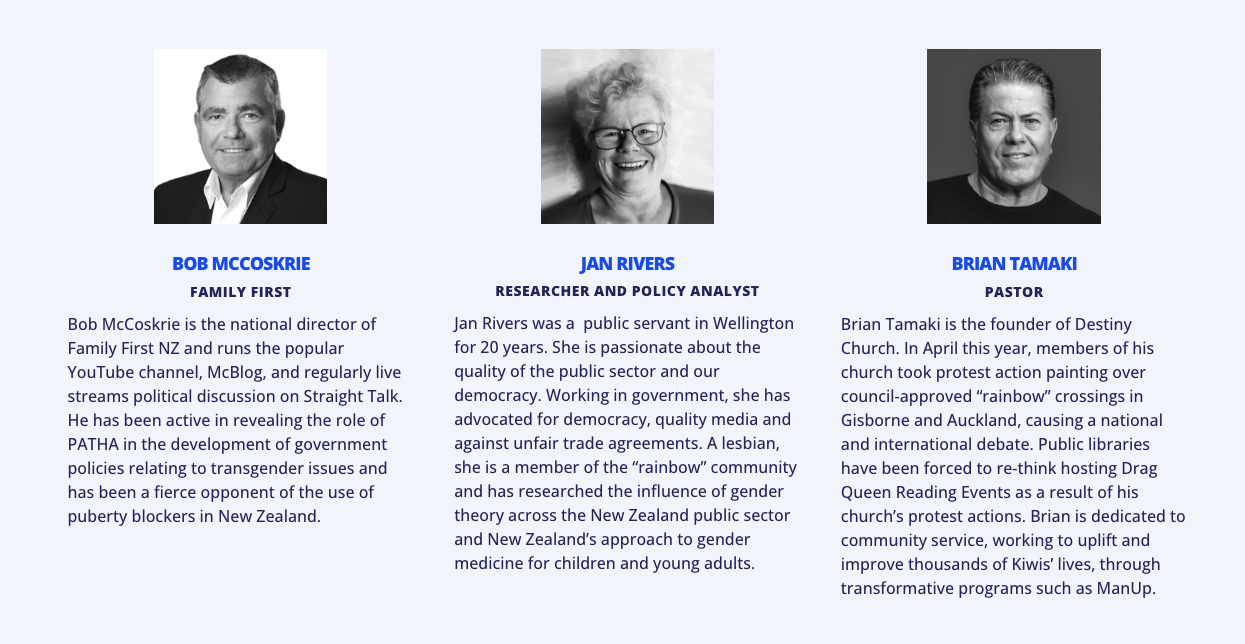
The Spinoff was set up to reflect an unrepresented demographic. Sophisticated, urban, sly and knowing the journalism came to public attention with a bang at the time of the Me Too movement with a compelling story of a sexual predation investigated by Alex Casey and Duncan Grieve. It was raw, edgy reporting that risked a defamation case and profiled numerous vulnerable women who had been sexually groomed by a much older man. It is the kind of harm young women often face that will rarely, if ever, see the perpetrator face justice. The Spinoff has also published good material on inequality and used Toby Morris‘ clever cartoon skills to excellent effect in adapting work on poverty, equity and the public good by Max Rashbrook. More recently Duncan Grieve did a really good expose of the way Auckland Museum caved to the bullies.
But the Spinoff also acts as an echo chamber and a tedious repeater station for the talking points of the intersectional left and it has an unquestioning obedience to the demands of transactivism that in my opinion make it a liability to its readers rather than a resource. Hence academics like Elizabeth Kerekere, George Parker and their peers can publish an entirely one-sided piece about the new Midwifery Scope of Practice misrepresenting the issues, the law and even their own research. Spinoff editor Madeleine Chapman would not countenance any corrections even though there are considerably more important issues in play which I had identified. My complaint had covered these issues, including anticipating that the Midwifery Council would likely face a Regulatory Review Select Committee investigation, an outcome which has eventuated. It has apparently not complied with the law related to making regulations for health practitioners and has issued a lengthy and confused rebuttal which the Select Committee are now considering. Should Spinoff readers have been told that the article was missing important information? Apparently not, according to Chapman.
More recently the Spinoff published an articlle by Dr Julia de Bres, a linguist who has received Marsden Funding to research “transgender children” and their families and to advocate the benefits of puberty blockers for them. I thought that her article had misrepresented the Cass Report on Gender Medicine in the UK in some serious ways including repeating an error made frequently in New Zealand that 98% of the relevant research was ignored. Again Spinoff editor Madeleine Chapman was entirely unwilling to correct this or address any of the other problems in the article that I had identified.
Initially I made a comprehensive complaint drawing attention to the parts I had assessed to be incorrect, or misleading including the outrageous claim about the ignored research, the lack of balance that the Spinoff has had over time and the fact that Dr de Bres as the author had not supplied any information about her role in the research that she cited. First of all it got “lost” and then suddenly after it was found the article was relisted as an opinion piece which has a lower standard than a piece of journalism.
Did the Cass Report ignore 98% of the research?
Who should be believe on this?
| YES | NO |
| PATHA “101 out of 103 studies were discarded.“ | The CASS Final Report pages (diagram on page 57) |
| Julia de Bres The Spinoff “for example dismissing almost 100 studies because they were not randomised controlled trials” | The systematic reviews supporting CASS here and here |
| Inside Out “The Cass Review disregards nearly all international studies which clearly show that gender affirming healthcare benefits trans young people. One report rejected 101 out of a total 103 studies (98%)! | The Cass Review post-publication FAQ |
| Emily Writes informed by PATHA President Jennifer Shields And Julia de Bres wrote “they threw out 101 studies from a total of 103.” | Brent MP Dawn Butler (through an apology to Parliament) |
| The Times Newspaper | |
| The BBC Programme More or Less | |
| The Guardian | |
| PBS | |
| Stonewall UK |
There are two elements of a Media Council complaint. Firstly the complainant writes to the publisher who decides whether to make corrections. The SpinOff editor Madeleine Chapman rebutted every point with a lot of detail making a welcome change to the idea that there be no debate about gender medicine. No changes were to be made even in relation to the claim that 98% of the research was disregarded – a claim that MP Dawn Butler had to apologise for misleading the UK House of Parliament and Dr Cass called the allegation completely wrong and said it “unforgivable” for people to undermine her report by spreading “straight disinformation”.
A week later I sent the complaint to the Media Council and Chapman responded with a letter accompanied by an extensive criticism of me and including a trawl of social media to find what she clearly felt to be the most incriminating things I had said from newspaper articles and social media. Chapman clearly expected that complaints from people finds disagreeable with should not succeed.


She even included an image of the flyer for the Inflection Point event – the inaugural event for a new Centrist New Zealand Think Tank. Chapman appears to think that it is not the accuracy of articles that should be judged but the whether the views of complainants are acceptable. It appears that having accepted an invitation to speak alongside people with whom I fundamentally disagree on many issues (but who are also concerned about gender medicine for children and young people) should be a material consideration in a complaint about the accuracy of an article.

What has been the final outcome? Well the judgment is released today and my complaint has been partially upheld The Media Council have assessed the claim about the missing research as false and have commented that much else is open to debate and interpretation. Will PATHA, Inside Out and Emily Writes correct this information too? I hope they will but after four months I’m not holding my breath. More importantly will Dr de Bres retain a recent update to her Marsden funded project? It is a link to the PATHA assessment which, the day after the 388 page Cass Report came out, assessed it as “out of step with high-quality care provided in Aotearoa” and reproduces the same erroneous claim saying that “101 out of 103 studies were discarded” that the Media Council has found to be false?
My feeling is that the SpinOff has become a danger to its readers. It would rather reinforce their prejudices than tell them the truth. Sadly there are few signs that this approach will change.

Latest Comments